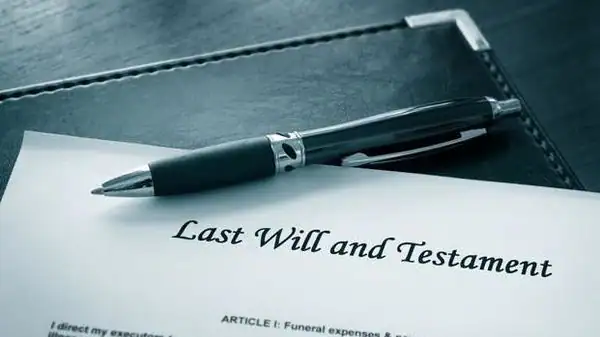Appointing Only One Executor Under Your Will?
When considering who to appoint as your executor under your will, it demands careful consideration and while only appointing one seems convenient, this choice comes with inherent risks.
The Risks Associated with Sole Executorship:
Unforeseen Circumstances:
Unforeseen events such as illness, incapacity or predeceasing you could leave your estate in a vulnerable situation potentially causing delays and complications with the distribution of your assets. If the executor is unable to inherit your assets for any such reason, there may not be any clear instructions regarding the distribution of your assets and may lead to legal challenges between potential heirs or beneficiaries. Without an alternative executor, these decisions regarding your estate have the potential to be mishandled, therefore it is recommended that you carefully consider your estate planning options.
Potential for Errors:
Numerous administrative, financial, and legal responsibilities go into managing an estate. A single executor might not have the resources or knowledge needed to manage every facet of the estate effectively. This raises the possibility of mistakes, omissions, or poor management, which could have a negative impact on the beneficiaries.
Contested by Creditors:
Creditors may file claims against the beneficiary’s inherited assets in an attempt to collect unpaid debts. If the beneficiary’s debts exceed the value of the assets they receive, legal action may be taken about the inheritance, which could eventually result in the estate’s depletion. Furthermore, if the beneficiary is not able to handle their money well, they can fast spend the inheritance, leaving little to nothing to pay off debts or maintain their financial stability over time.
Mitigating These Risks:
Appointing Multiple Executors:
Designating several executors is an efficient way to reduce the risks involved in selecting a single executor. This divides up the work among people who can work together and assist one another in doing their jobs. Furthermore, having several executors provide redundancy in case one is unavailable.
Designating Alternative or Successor Executors:
Including clauses in your will designating other or successor executors protects you in the occurrence that the principal executor becomes unavailable or incapable. In the event that the principal executor is unable to carry out their responsibilities, these people might take over, guaranteeing continuity in the estate management procedure.
Seeking Professional Advice:
Navigating the complexity of estate administration can be made much easier by seeking the advice of an experienced estate planning lawyer.
At Elamine lawyer we can help ensure that your wishes are appropriately conveyed and legally enforceable by assisting in the preparation of detailed and unambiguous provisions in your will. We will detect potential conflicts of interest and offer advice based on the best practices for choosing an executor.
Please get us in touching with us today by email at admin@elaminelaw.com or by phone at
03 8400 0100.au to talk to our will and estate team to help you get started on this process.




